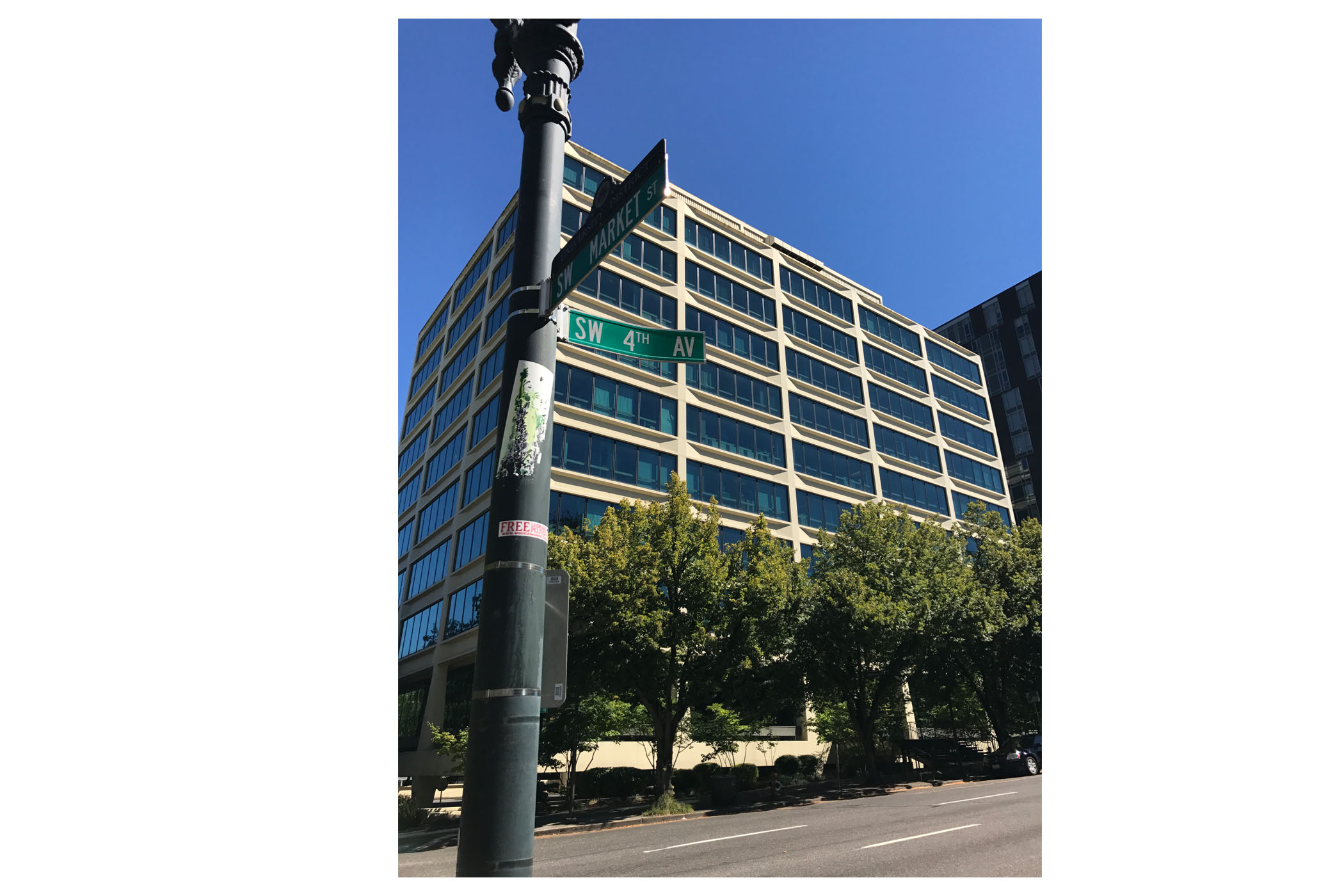Despite United States President Donald Trump’s series of tweets on July 26 announcing his intention to ban transgender individuals from the U.S. military, defense officials will stick to existing policies until they receive official directives.
After consultation with my Generals and military experts, please be advised that the United States Government will not accept or allow……
— Donald J. Trump (@realDonaldTrump) July 26, 2017
….Transgender individuals to serve in any capacity in the U.S. Military. Our military must be focused on decisive and overwhelming…..
— Donald J. Trump (@realDonaldTrump) July 26, 2017
….victory and cannot be burdened with the tremendous medical costs and disruption that transgender in the military would entail. Thank you
— Donald J. Trump (@realDonaldTrump) July 26, 2017
Trump’s tweets claimed the military “cannot be burdened with the tremendous medical costs and disruption” caused by the presence of transgender service members.
“There are an estimated 15,000 active duty service members who identify as trans with another 134,000 trans veterans in the U.S.,” Portland State Assistant Professor of Counseling Dr. Deanna Cor said in an email after Trump’s tweet. “This makes the [Department of Defense] the single largest employer of trans folks in the country.”
Cor is currently conducting research with trans military personnel and veterans in hopes of highlighting their experiences.
”Trans folks serve at significantly higher rates than their cis counterparts,” Cor wrote, citing the 2015 U.S. Trans Survey.
“[T]he latest tweets from Trump leave folks in limbo,” Cor continued. “There is no guidance yet on what this ban means for folks who are active duty or who are veterans receiving care from the [Veterans Affairs].”
Trump’s tweets did not include any reference to legislation to outline or enforce the ban. According to a July 27 interview with CNN, the Joint Chiefs of Staff, the people in charge of implementing any such policy, did not know Trump had planned to announce this ban. As of the publishing of this article, they have yet to receive any legal action from Trump for moving forward.
Chairman of the Joint Chiefs of Staff General Joseph Dunford sent a letter to military leaders stating they’ll enforce “no modifications to the current policy until the President’s direction has been received by the Secretary of Defense and the Secretary has issued implementation guidelines.”
“In the meantime, we will continue to treat all of our personnel with respect,” Dunford continued in the letter. “As importantly, given the current fight and the challenges we face, we will all remain focused on accomplishing our assigned missions.”
If Trump’s announcement is implemented, it would reverse the Department of Defense’s October 2016 dissolution of a pre-existing transgender military ban stating, “Effective immediately, transgender Service members may serve openly, and they can no longer be discharged or otherwise separated from the military solely for being transgender individuals.”
Despite Trump’s claim of high medical costs and disruption, Adm. Mike Mullen, former chairman of the Joint Chiefs of Staff, testified in Congress on Tuesday that the inclusion of transgender individuals in the military causes no disruption or cost. Mullen also said, “The military conducted a thorough research process on this issue and concluded that inclusive policy for transgender troops promotes readiness.”
In response to Trump’s announcement, the American Civil Liberties Union released a statement: “Let us be clear. This has been studied extensively, and the consensus is clear: There are no cost or military readiness drawbacks associated with allowing trans people to fight for their country. The president is trying to score cheap political points on the backs of military personnel who have put their lives on the line for their country.”
PSU is home to many veterans and a large transgender community.
“I think PSU students could be affected in many different ways,” Cor said. “Obviously our veterans identifying as trans are directly impacted by the messaging this policy sends. Trump is essentially ignoring the dignity and humanity of trans military personnel and veterans and attempting to negate the significance of their service.”
The 2015 U.S. Trans Survey shows 41 percent of transgender people have reported attempting suicide, and 32 percent of veterans report the same. Cor said the research on this topic is limited, but, “The intersection of these identities could negatively impact the well-being and mental health of trans military personnel and veterans.”
“[F]olks at this intersection are incredibly resilient in the face of adversity,” Cor continued. “In fact, research has shown that trans veterans would want to return to the military if the environment allowed for it. Their dedication to service is unmatched.”
Cor encouraged students affected by this potential ban to access PSU resources and seek community.
“I think students should first know that having strong reactions to these sorts of policies is understandable,” she said. “The best thing students can do is create a sense of community to tap into. They should find folks that they feel safe and brave with for support.”
“Most of all, students should try to tune into what they may be needing,” Cor continued. “They may be feeling irritable, anxious, sad, or any other range of emotions. They should pay attention to those reactions and utilize the resources and strengths that have been successful in the past.”
PSU students and community members affected by this news may reach out to the Queer Resource Center, Veterans Resource Center, trans advocates and utilize on-call services PSU Center for Health and Counseling.
Editor-in-cheese





